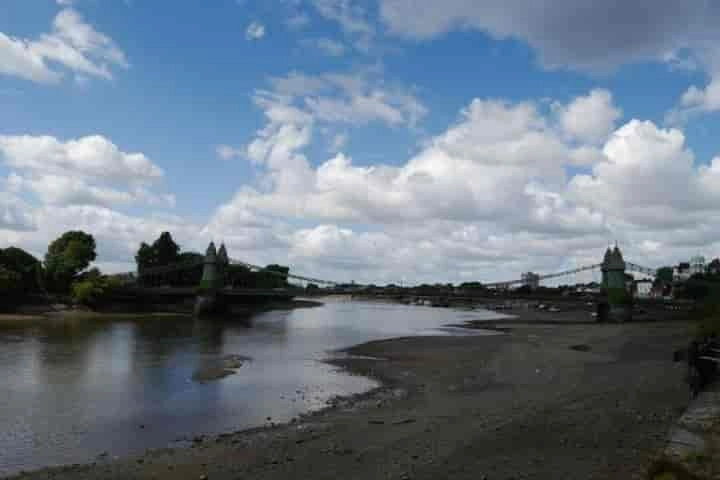Irrespective of the hemisphere, region or country, the problem of river pollution is present at a global scale. A case in point is the extraordinary news about “wet wipe island” with a dimension of two tennis courts having been formed in river Thames in London, according to a report in sciencealert.com.
Apart from polluting the water, this island has changed the course of the river itself!
Seized with the seriousness of the issue, British Ministers have asked the people to abstain from using these wipes. There are voices in the Government who are asking for a complete ban on use of wet wipes that have plastic.
Highlighting this issue, Labour Member of Parliament, Fleur Anderson, alerted that the wet wipes when disposed of by flushing don’t decompose and instead land up in England’s second-longest river, the Thames.
I’m up early to broadcast with @LBC from the ‘wet wipe island’ the size of 2 tennis courts on the bank of the River Thames.
I’ve introduced a Bill into Parliament to ban plastic in wet wipes so they disintegrate.
The Government must get on with it. @LBCNews @NickFerrariLBC pic.twitter.com/ky046fMOsb
— Fleur Anderson MP (@PutneyFleur) June 27, 2022
In the House of Commons, Anderson is reported to have said as per The Times: "There's an island the size of two tennis courts, and I've been and stood on it – it's near Hammersmith Bridge in the Thames, and it's a meter deep or more in places of just wet wipes. It's actually changed the course of the Thames.” She even suggested prohibiting production and sale of wet wipes that have plastic.
Thames 21, an environmental charity has pointed out that a majority of these wipes are composed of plastic and this main component does not degrade when they are flushed down the toilet. What is worse is that they break into microplastic and that when it reaches the river, Thames in this case and the ocean will harm aquatic life and ecosystem.
Following the MP’s line, the charity too has been asking the Government to disallow wipes with plastic in them. They have suggested that wet wipes packages should have instructions about how to dispose of them.
Documenting the plastic litter on the river, Thames21 has pointed out that in less than five years, a mound of 1.4 metres in height had come up and this occupied an area of two tennis courts. The densities in which these wipes were found ranged between 50 and 200 per square metres.
Volunteers last year worked for two days and gathered more than 27,000 wipes at a location which is situated next to Battersea Bridge.
Apart from polluting the river, 90 per cent of the materials in “fatbergs” — masses of solid waste comprising fat and grease – are made up of wet wipes and this blocks sewers, creating health hazards in the cities.
Also read: Will the melting of ‘doomsday glacier’ spell the end of Shanghai, Tokyo, New York and Mumbai?




















